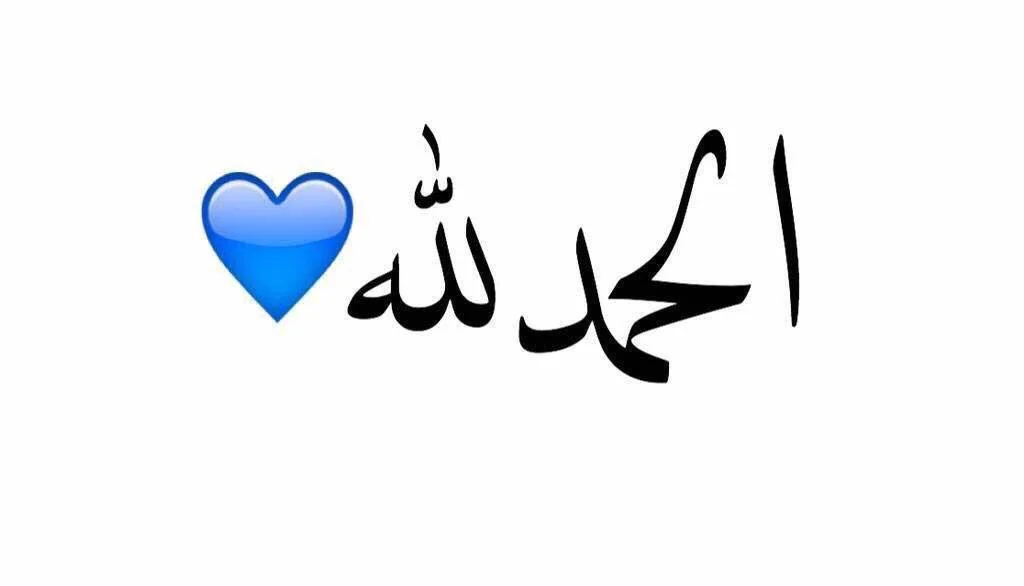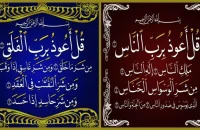alhamd lilah is the remembrance or praise of optional beauty in the tongue, that is, mentioning virtues without benevolence, and it is the remembrance of Allah with the attributes of perfection, and it was said that alhamdulillah response is one with the attributes of perfection, meaning mentioning the perfect attributes of Allah.
And if there does not appear to be a reason for that because Allah is worthy of it, whether He grants or withholds, then you said alhamd lilah if He gives you and bestows upon you. His blessings, and you praise Allah if a calamity befalls you. Moreover Alhamdulillah is for intrinsic qualities and for giving.
What is the meaning of Alhamdulillah?
alhamd lilah is a phrase used to praise Allah Almighty, and to praise Him with all His splendid and beautiful attributes. Therefore, Alhamdulillah is to praise and thank Allah Almighty for His many blessings and gifts.
Alhamdulillah in the contemporary Arabic language is contentment with everything Allah has written for us and for us, and people adhere to that phrase. Those who are satisfied with Allah’s will, destiny, and wisdom.
alhamdulillah response, taken from praise and the present tense of praise, and the active participle of it is Hamid, and its object is praiseworthy and praiseworthy. alhamd lilah has been mentioned dozens of times in the Holy Qur’an, and the most famous of these places is Surah Al-Fatihah,
Alhamdulillah was also mentioned in many noble prophetic hadiths, including the saying of the Messenger of Allah, may Allah’s prayers and peace be upon him: “Allah is pleased with the servant if he eats a meal and praises Him for it, or drinks a drink and praises Him for it.”
What is the difference between Alhamdulillah and thanks?
There is a difference between both gratitude and Alhamdulillah. It has been said that alhamd lilah is more general than thanks, and the difference was explained by the age of both praise and thanks.
Sheikh Khaled Al-Jundi, an Azhari scholar and jurist, as he said that thanks is a word that when used means praise of Allah Almighty with a request for more
While alhamd lilah is Praise and being satisfied with what the servant has, therefore alhamd lilah is linked to Allah’s decree and destiny. Therefore, when we are satisfied with eating, we say praise be to Allah.
And sometimes also the word praise refers to the inability to ask, meaning incapable of doing so. Asking for more because they are satisfied and unable to imagine more and more beautiful things than that.
How can alhamd lilah and thanks performed?
We will now learn how to perform alhamd lilah and thank Him for everything. All you have to do is follow the following points:
Attributing blessings to Allah
- In order for gratitude to be complete, blessings must be attributed to Allah alone.
- In Allah’s hand is the kingdom of the heavens and the earth. Without Allah’s grace, no one would be able to obtain these countless blessings.
- Whoever attributes the cause of blessing to someone other than Allah has been condemned by Allah, as Allah Almighty said:
“وَتَجْعَلُونَ رِزْقَكُمْ أَنَّكُمْ تُكَذِّبُونَ”.
Praise and thanks be to Allah Almighty
- Allah Almighty has bestowed upon man many countless blessings.
- A person must thank Allah Almighty for a blessing so that it lasts and is blessed.
- Where Allah Almighty said in his book:
“وَإِذ تَأَذَّنَ رَبُّكُم لَئِن شَكَرتُم لَأَزيدَنَّكُم”.
Appreciating blessings and avoiding despising and objecting to them
- Just as Allah has blessed man with countless blessings.
- A person must thank Allah and praise Him for these blessings.
- And to preserve it and protect it from disappearance, as Allah Almighty said in the Holy Qur’an:
“وَاشْكُرُوا لِلَّـهِ إِن كُنتُمْ إِيَّاهُ تَعْبُدُونَ”.
- By thanking Allah, the blessings continue. Among the forms of thanking Allah Almighty for His blessings are the following:
- Avoid objection, and must be polite with Allah.
- That the individual is satisfied with everything he has and that Razak does not object.
- The individual must be humble when he receives blessings, and avoid tyranny and arrogance.
- The individual feels that he is negligent in gratitude.
Prostration of thanks
- Prostration of gratitude is considered one of the most important ways that a Muslim uses to thank his Lord.
- It is also one of the acts of worship that brings the believer closer to his Lord.
- The prostration of gratitude consists of one prostration outside of prayer, and it is without takbeer or salutation.
- Many scholars have said that a Muslim must perform this prostration while he is pure.
Hadith about Alhamdulillah
It is worth noting that there are many hadiths that explain the virtue of Alhamdulillah, including the following:
1- Abu Malik Al-Harith bin Asim Al-Ash’ari (May Allah be pleased with him) reported that: The Messenger of Allah (PBUH) said: “Purity is half of faith, and the praise of Allah fills the scale. Glorification and praise fill up what is between the heavens and the earth.
Prayer is a light, charity is proof, and patience is illumination. The Quran is a proof for you or against you. All people go out early in the morning and sell themselves, either setting themselves free or ruining themselves.”.
[Muslim].
2-Ibn ‘Umar said: “Glory be to Allah” is the prayer of the creatures; “Praise be to Allah” is the word of thanksgiving; “There is no god but Allah” is the sentence which declares belief in Allah’s unity;
and “Allah is most great” fills the space between heaven and earth. When a servant says, “There is no might and no power except in Allah”, Allah says, “He has resigned and submitted himself to me.” Razin transmitted it.
3-Ibn ‘Abbas said: When the Messenger of Allah (saws) stood up for praying at midnight, he said: o Allah, be praise to Thee, Thou art the light of the heavens and the earth; and to Thee be praise; Thou are the maintainer of the heavens and the earth; and to Thee be praise, Thou art the heavens and the earth and what is between them;
Thou art the truth, and Thy statement is truth; and Thy promise is the truth; and the visitation with Thee is true; and the Paradise is true and the Hell-fire is true and the Hour is true;
O Allah, to Thee I turned my attention, and by Thee I disputed, and to Thee I brought forth my case, so forgive me my former and latter sins, and my secret and open sins, Thou art my deity, there is no deity but Thou.
Sunan Abi Dawud 771
Conclusion
At the end of the text, alhamd lilah is a word that expresses types of thanks and appreciation to the Almighty Allah, and there are many forms of alhamdulillah response. In addition, there have been many hadiths that show the virtue of praise.




